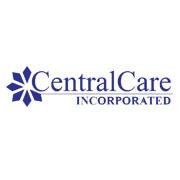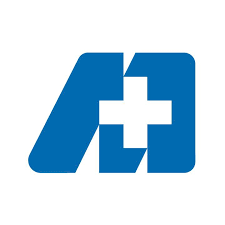Related Jobs

Sign-On Bonus Available!
Location: Madigan Army Medical Center, Fort Lewis, WA
Schedule: Normal duty hours for the positions shall be 0635- 1505, 1445- 2315 Monday thru Friday. No call required.
Requi...

MultiCare Health System
•
Full-time
•
Olympia, Washington, United States
•
$24.33 - $35.01 / hour
•
1w ago
You Belong Here. At MultiCare, we strive to offer a true sense of belonging for all our employees. Across our health care network, you will find a dynamic range of meaningful careers, opportunities for growth, safe w...

Registered Nurse (RN)
We’re so happy that you’re considering a career with us! Evergreen Healthcare stands as an excellent choice for those seeking a fulfilling career. Comprising a network of 11 skilled nu...

Overview Sign on Bonus for qualifying new external Clinic RNs available! In 2020, united in a fierce commitment to deliver the highest quality care and exceptional patient experience, Virginia Mason and CHI Fr...

MUST HAVE CURRENT ACLS AND PALS CERTIFICATION UPON HIRE DATE. FULL TIME SCHEDULE REQUIRED FOR THE FIRST TWO WEEKS FOR ONBOARDING. PHASE I EXPERIENCED N PLEASE INCLUDE YOUR WA RN LICENSE & AHA BLS, ACLS &...

Overview Sign-On Bonus available for qualified candidates! CHI Franciscan and Virginia Mason are now united to build the future of patient-centered care across the Pacific Northwest. That means a seamlessly co...

Licensed Practical Nurse (LPN)
Fulltime
12 hour shifts, xyz schedule
DAYS – 6am – 6:30pm
We’re so happy that you’re considering a career with us! Evergreen Healthcare stands as an excellent choice for...

Overview
Madigan Army Medical Center is seeking Critical Care RNs to join our growing team!
The facility is one of four Level II Trauma Centers in Washington State and participates in unique partnerships with civi...

3401 South 19th st, Tacoma, Washington, 98405, United States of America We are looking for a self-motivated, organized individual who is passionate about patient care and excited for the opportunity to independently ma...

Position: Registered Nurse
Specialty: Neonatal ICU
Location: Madigan Army Medical Center, Fort Lewis, WA
Shift: Rotating - Normal duty hours for the positions shall be 0700-1930 or 1900-0730 Monday thru S...